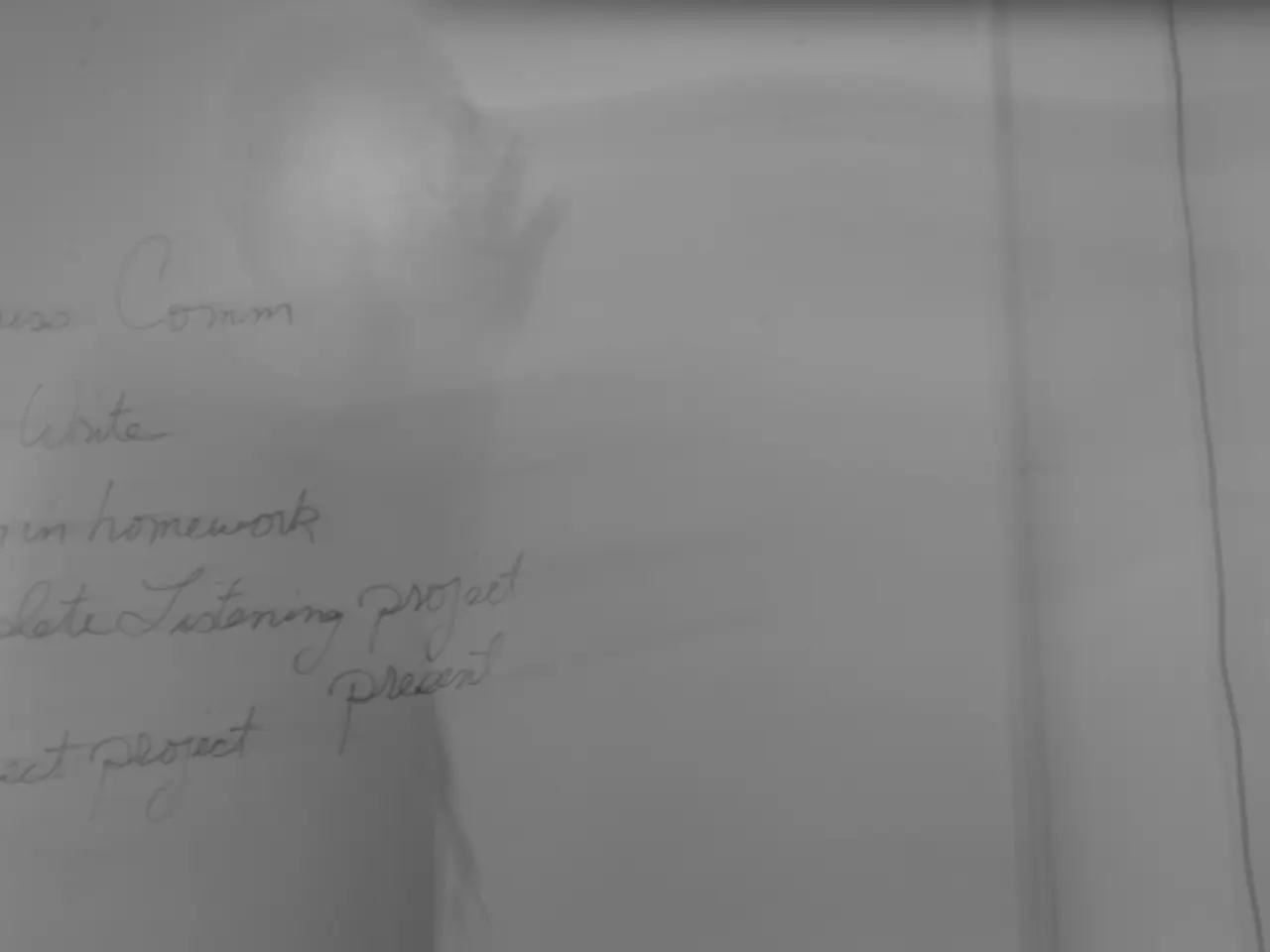Unveiling the Places Where Bureaucratic Delays Are Most Prevalent (Survey Findings)
**Article Title: Bureaucracy Reduction Survey Reveals Complexities in North Rhine-Westphalia's Administration**
The Association of Taxpayers North Rhine-Westphalia (BdSt NRW) recently conducted a Bureaucracy Reduction Survey on July 1, 2025, with the aim of gaining practical experiences from everyday life for political work and serving as an impetus for better administration. The survey has unveiled several areas where bureaucracy is burdening citizens and entrepreneurs, particularly small and medium-sized enterprises (SMEs), who view it as a growth-inhibiting cost factor.
The survey findings highlight high administrative burdens, particularly in relation to mini-job rules, personnel certificates, and tax forms, which participants found overly complex. Digital processes were criticised for only providing placebo solutions, with media breaks and lengthy permit processes being major concerns.
The survey results provide exclusive insights with surprising details, clear criticism, and clear expectations for politics. Rik Steinheuer, chairman of BdSt NRW, has demanded clear responsibilities, simple procedures, and media break-free processes for both citizens and businesses. He advocates for a legal bureaucracy brake ("One in, Two out"), understandable digital procedures instead of form overload, simplified tax law with practical deadlines, and better coordination between federal, state, and local governments.
Katrin Ernst, project manager at BdSt NRW, states that their evaluation demonstrates how bureaucracy affects daily life concretely. The evaluation provides numerous first-hand voices from practice discussing personnel accounting, tax law, and absurd form diversity. It reveals that bureaucracy is a real hindrance to professional and daily life.
The survey participants reported form overload and digital frustration, with unclear responsibilities and missing interfaces being significant issues. BdSt NRW is urging for simplified processes, improved digital infrastructure, and increased transparency and guidance to reduce bureaucratic hurdles.
If you wish to access the full report, you can visit the Association of Taxpayers North Rhine-Westphalia e.V.’s official website or contact their office directly. Alternatively, media coverage around the survey publication date might highlight key findings.
The Bureaucracy Reduction Survey findings underscore the complexity of administrative burdens, particularly in areas like mini-job rules, personnel certificates, and tax forms, within the business sector, including small and medium-sized enterprises. Rik Steinheuer, Chairman of BdSt NRW, calls for a "One in, Two out" legal bureaucracy brake, improved digital procedures, simplified tax law, and better coordination among federal, state, and local governments, all aimed at reducing bureaucratic hurdles in politics, finance, and general news.




